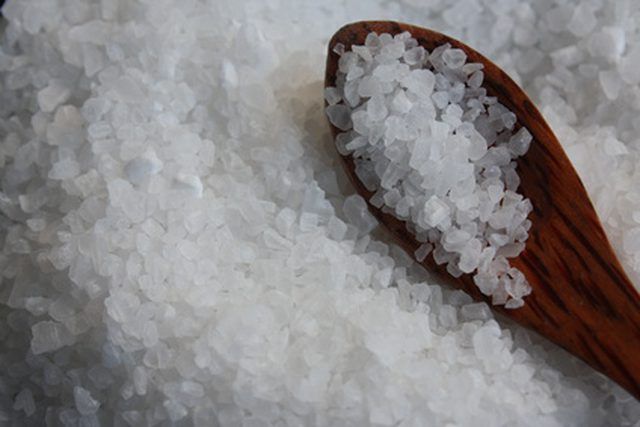Bulbs
Flower Basics
Flower Beds & Specialty Gardens
Flower Garden
Garden Furniture
Garden Gnomes
Garden Seeds
Garden Sheds
Garden Statues
Garden Tools & Supplies
Gardening Basics
Green & Organic
Groundcovers & Vines
Growing Annuals
Growing Basil
Growing Beans
Growing Berries
Growing Blueberries
Growing Cactus
Growing Corn
Growing Cotton
Growing Edibles
Growing Flowers
Growing Garlic
Growing Grapes
Growing Grass
Growing Herbs
Growing Jasmine
Growing Mint
Growing Mushrooms
Orchids
Growing Peanuts
Growing Perennials
Growing Plants
Growing Rosemary
Growing Roses
Growing Strawberries
Growing Sunflowers
Growing Thyme
Growing Tomatoes
Growing Tulips
Growing Vegetables
Herb Basics
Herb Garden
Indoor Growing
Landscaping Basics
Landscaping Patios
Landscaping Plants
Landscaping Shrubs
Landscaping Trees
Landscaping Walks & Pathways
Lawn Basics
Lawn Maintenance
Lawn Mowers
Lawn Ornaments
Lawn Planting
Lawn Tools
Outdoor Growing
Overall Landscape Planning
Pests, Weeds & Problems
Plant Basics
Rock Garden
Rose Garden
Shrubs
Soil
Specialty Gardens
Trees
Vegetable Garden
Yard Maintenance
Calcium Chloride for Soil
Calcium Chloride for Soil. According to a study conducted by the Texas Agricultural Extension Service, when calcium chloride is added to a nitrogen fertilizer it improves plant access and absorption of phosphorus, ammonium, potassium, and nitrogen. This equates to larger plant growth, healthier soil structure and less environmental pollutants from...

According to a study conducted by the Texas Agricultural Extension Service, when calcium chloride is added to a nitrogen fertilizer it improves plant access and absorption of phosphorus, ammonium, potassium, and nitrogen. This equates to larger plant growth, healthier soil structure and less environmental pollutants from excess toxins.
Identification
Calcium chloride has many uses. It is used for deicing roads and as a food preservative and is also effective in settling dust on unpaved roads. It is used as a drying substance since it has the characteristic of being able to absorb water. It is manufactured when calcium carbonate and hydrochloric acid reactions produce the byproduct calcium chloride. As powder, granules, or flakes, calcium chloride is solid white in color; it is colorless in its liquid form.
Increases Nitrogen Absorption
Because of its chemical absorption properties, calcium chloride can help plants improve their nitrogen utilization up to 100 percent. When soil contains excess ammonium, specifically more than 32 percent, the roots of plants cannot get to the available nitrogen needed for healthy growth. Fertilizer fortified with calcium chloride reduces the toxic excess of ammonium and helps convert it to nitrate so that roots can utilize it within the fertilizer. Additionally, plants are able to store excess nitrogen and process it as needed for healthier growth.
Reduces Toxic Levels of Aluminum
Along with liming, adding soluble calcium chloride helps to control high acid soils. The migration of the calcium chloride rapidly increases to the lower root zone when both methods are used. This practice helps reduce toxic levels of aluminum located in that region of the soil.
Sodium buildup is not uncommon to irrigated soils. The continued use of adding calcium chloride as a control measure helps to keep soil compositions healthier for crop production.
Application of Calcium Chloride
To increase yields from 14 to 15 percent, add one-half to one pound of calcium chloride to one pound of an ammonium form of nitrogen called urea. The broadcast method works more efficiently than the irrigation method, according to the Texas study. Broadcasting is the even layout of planting over a field, such as in rows for mass production of crops. Apply during cool season months, such as in early spring or late fall.
Considerations
The exact amount of calcium chloride to use per crop cannot accurately be determined. However, to arrive at the best solution, monitor your plants' progress by testing the soil periodically to determine how much calcium chloride is needed throughout the year.
Without nitrogen in the soil, the addition of calcium chloride is not effective. Using it as an enhancement to nitrogen fertilizer proves beneficial whether the application is accomplished through the broadcasting or irrigation method.